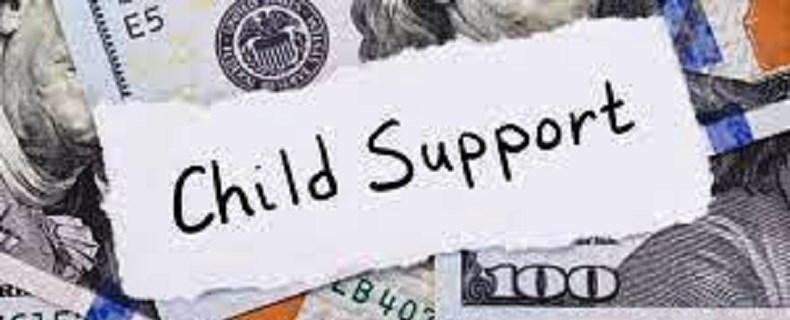As the economy rises and falls and given some of the difficulties the world has faced recently, it is not surprising that some people find themselves facing bankruptcy. This becomes a greater problem if that person is liable to pay child support, and this is when the advice of a family lawyer will be crucial in helping to steer a path forward.
There is no denying that regardless of which side of the fence each parent is on when the one that pays the child support is about to declare themselves bankrupt, it is likely to be a stressful time for both of them.
There may already be situation that due to their increasingly desperate financial situation the parent paying child support has already accrued arrears. Obviously, the level to which the parent still communicate may have at least meant that the other parent was aware of the situation.
However, if they do not speak or communicate then the parent in receipt of child support may have already been to see a family lawyer with a view to taking action, believing that the other parent has simply decided to stop making the court ordered child support payments.
For someone to be declared bankrupt, it can be done in two different ways. The first is where creditors apply to the court as a result of unpaid debts, and if the court declares the person bankrupt, this is called an involuntary bankruptcy. Alternatively, an individual can submit a debtor’s petition to the court to declare themselves bankrupt, and you will not be surprised to learn this is known as voluntary bankruptcy.
In the usual course of events, a trustee will be appointed who takes control of the bankrupt individual’s assets. From these assets, which usually include property, the trustee will sell them and use the proceeds, where they can, to pay as many of the bankrupt person’s creditors as they can.
Where this differs is where there are matters within the person’s bankruptcy that fall within family law. This arises from changes to bankruptcy legislation and the Family Law Act giving the Family Court jurisdiction to deal with a bankruptcy that also has implications for financial obligations relating to property settlements, spousal support, and of course, child support.
In effect, what it does is give the Family Court many of the powers that a trustee would have with regards to the assets which a bankrupt person has. This also allows for the mother of a child who would normally be in receipt of child support payments to make a claim to prevent the appointed bankruptcy trustee from disposing of the proceeds of the other parent’s assets to creditors.
This speaks to the fact that whilst many parents who are responsible for making child support payments believe they will be released from their obligation to make those payments as a result of being declared bankrupt, they are mistaken. In other words, they can still legitimately be pursued for those payments regardless of their financial position, and that includes them being bankrupt.
This prevents many fathers, and we dare say some mothers, who are responsible for child support payments simply declaring themselves bankrupt to avoid making them. Bankruptcy is no escape from the obligation, especially if a backlog of missed payments have accrued and are still outstanding.

